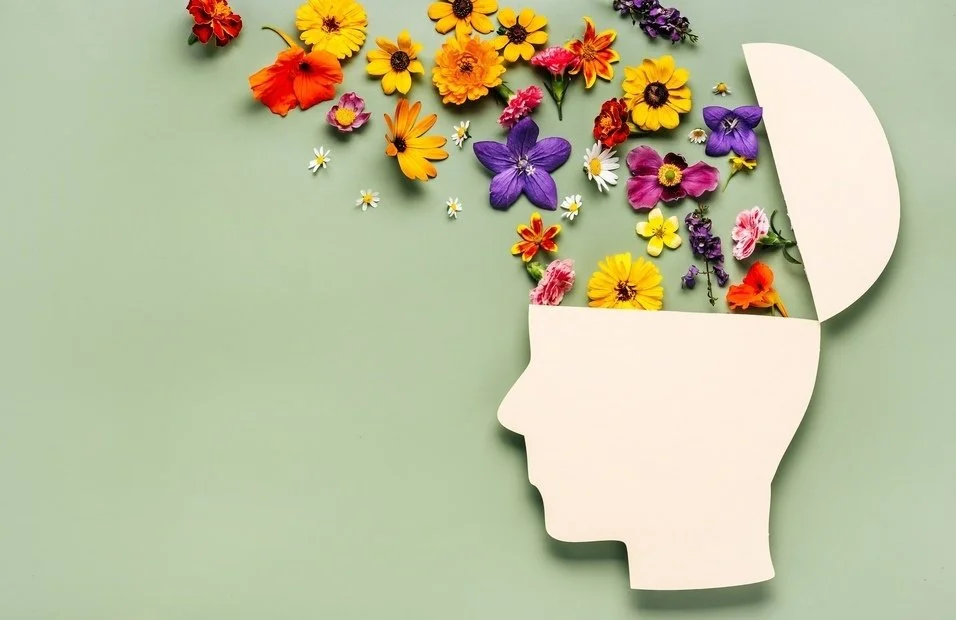World Maternal Mental Health Day
May 5th was World Maternal Mental Health Day, and this year we’re bringing attention to the importance of mental health concerns for mothers and families. Life changes around pregnancies make women more susceptible to mental health disorders.
Every woman of every culture, social class, age, and income can develop maternal mental health conditions. Most of the mental illnesses that follow pregnancy or birth go undiagnosed and untreated, which can lead to tragic consequences for the mother and baby.
According to the Maternal Mental Health Leadership Alliance (MMHLA), the most common birth complication is perinatal and postpartum maternal mental health conditions. About 1 in 5 women experience every year in the United States. Maternal mental health conditions include depression, anxiety, obsessive compulsiveness, post-traumatic stress, bipolar and substance abuse disorders.
These conditions are caused by a biological, environmental, and physiological change in the mother.
The perinatal time frame is defined as about a 2-year period from conception to the baby’s first birthday. Prenatal is during pregnancy and the postpartum timeframe is the first year following birth. The mental health struggles women face during pregnancy and the following year can be interchangeably described as postpartum depression, perinatal mood disorders, and maternal mental health conditions or disorders.
The period of time shortly after birth when a woman is feeling down, commonly referred to as ‘baby blues,’ affects over 85% of new mothers. Symptoms of the baby blues include heightened sensitivity, feeling overwhelmed, and weepiness. Typically, baby blues go away on their own without treatment.
What are the signs of maternal mental health conditions?
· Feeling sad or depressed
· Feeling panicky or anxious
· Being overly irritable with loved ones and those around you
· Feeling like you don’t have control over your life and environment
· Trouble with sleeping or eating patterns
· Difficulty or reluctance to bonding with baby
· Worrying you might hurt the baby or yourself
Who is at-risk for maternal mental health conditions?
No woman is exempt from maternal mental health conditions. Like stated earlier, no matter what your race, social class, or wage, mothers are at-risk for maternal mental health conditions.
However, there are some groups that are more at-risk than others. Those who have a personal or family history of mental illness; lack social support, especially from their partner; experienced a traumatic birth or previous trauma in their lives; or have a baby in the neonatal intensive care unit are more at-risk for maternal mental health conditions.
What to do if you are struggling with a maternal mental health condition?
Medical interventions like counseling and medication are great treatments for mothers who are experiencing maternal mental health illnesses. There is no single treatment that works for everyone. Some mothers thrive with counseling while others prefer medication. You can work with your medical provider to find and develop the ideal treatment for you.
In addition to medical treatment, there are a few things you can do that might help you feel better:
1. Find a support group
Search online or find local mother support groups. These groups can be extremely beneficial to new mothers. You can learn from what other mothers are going through and find a sense of community. It can help mothers feel less alone.
2. Spend time with yourself
New mother’s often find it difficult to set aside some alone time. Try getting out of the house or taking a bath without interruption. Ask your significant other or a loved one to watch your baby while you get some essential you time. Visiting friends is also a great way to tie yourself back into your community with intellectual and fun conversations alike.
3. Do something you enjoy
Motherhood does not lend a lot of time for personal hobbies, especially in the months following birth. Whether you prefer listening to music, reading a book, or watching a good TV show, set aside some time each day to fill your cup with things you love.
There is no sure-fire way to prevent maternal mental health conditions but understanding the signs and symptoms can prepare you to get help quickly. These mental health conditions are no fault of a mother, they are medical conditions that require medical care.
We encourage mental health professionals, friends and relatives of new moms to ask her how she’s really feeling and encourage her to seek help if she needs it.
If you or a new mother you love is struggling and in need of support, please reach out to us. Our team of therapists is here to provide support and guidance. We look forward to connecting with you.






